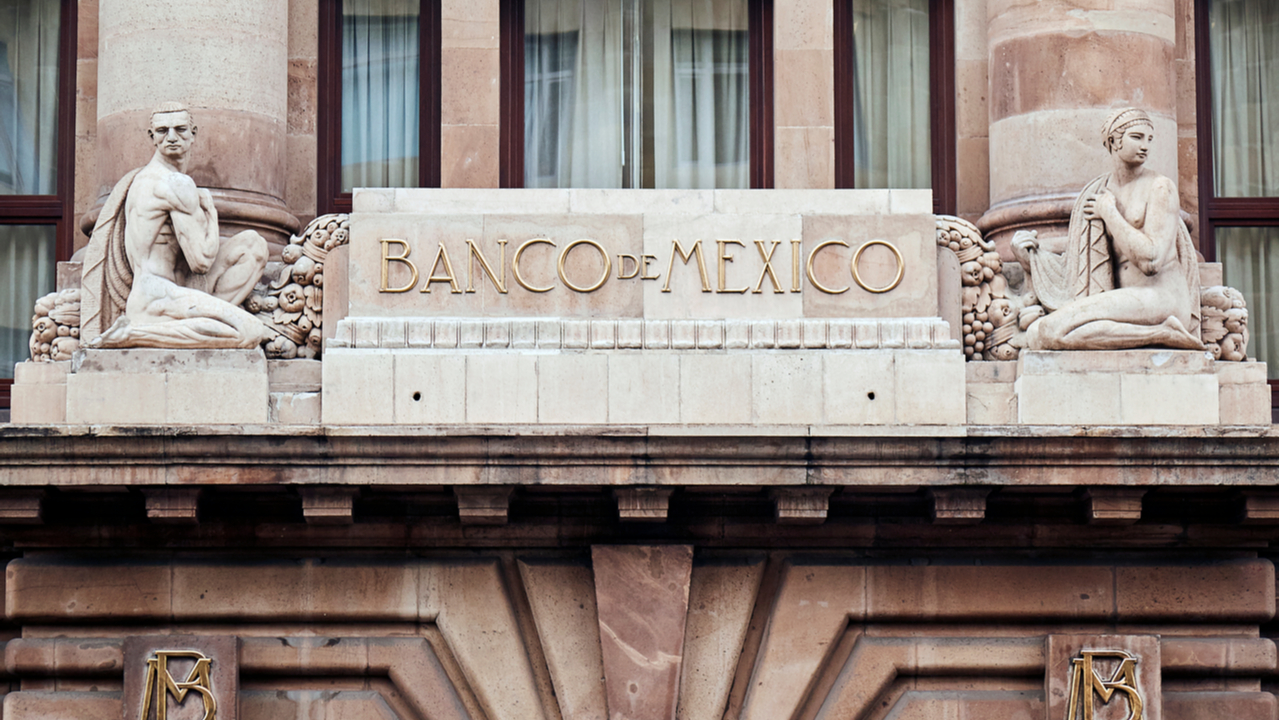[ad_1]
On 8 March 2021, women across the world took part in protests to mark International Women’s Day. In Mexico, there is an added poignancy to the annual event, as at least 10 women are murdered in the country each day; in 2021 the date was was marred by additional violence.
In the runup to the day fences were erected around the national palace in Mexico City’s main square, where thousands of women were due to gather.
“There was this tension building,” says Mahé Elipe, a French photographer living in Mexico City. “Mexican politicians [have given the impression that they] don’t care about the rights of women. During the pandemic, cases of domestic violence went up while the government prioritised the economy. So many women were without any help.”
Mariel Velázquez, 23, a student and women’s rights activist, who was in the crowds protesting on 8 March, saw the fences as a direct affront and rejection of the feminist cause. “There was a metal wall,” she says. “We were mad when we saw that. In a symbolic way, it was a wall between our authorities and us. It’s like they didn’t want to listen to us, or hear anything about the protest.”
As women and children gathered in the square, they laid flowers, sang, shouted and chanted slogans, and wrote the names of female murder victims on the fences. In 2020, Mexico recorded the murders of 3,723 women. About 940 of those murders were investigated as femicides but the issue has been belittled by Mexican authorities. Last year, Mexico’s president, Andrés Manuel López Obrador, said the topic of femicide had been “manipulated a lot in the media”.
Violence erupted and there were clashes between protesters and the police. “The police were really violent,” says Velázquez. “They started shooting at us with rubber bullets. In my head, I was like ‘I’m going to die’ because it sounded like a real gun. Mentally it was a shock for me. I felt pain in my back. They shot me from a distance of less than one metre.”
She adds: “I shouted at the police – ‘Stop it! Why are you doing this?’ Their answer was teargas. They threw it at me about 15 times.”
Activists tried to tear down the metal fences with hammers and wooden sticks. It was amid this chaos that Elipe took the photo of the unidentified woman in black wearing black goggles and a face mask with Ni una más (not one more) written on it.
“This was a moment. I had the impression, without romanticising things, that it was a civil war,” she says. “There was such enormous chaos; women were shouting everywhere, people were throwing teargas, nobody could breathe. The police threw bottles of piss at us. I was just there with my camera taking pictures.
“This woman in front of me was calling to others shouting: ‘They’re killing us!’”
More than 80 people were injured in the clashes. Velázquez walked home and arrived at around 9pm. Her mother saw her and was shocked. “I had scars everywhere, and the teargas had affected my eyes. I was covered in dirt,” says Velázquez. She is not sure she wants to continue protesting. “It got really dangerous. It’s one thing to protest, it’s another to expose your life to [danger].”
The day was also full of emotion for Elipe, whose work often focuses on women’s rights. “There were so many emotions that day. I cried. I can’t talk about it now without getting goosebumps.”
She adds: “I see something so beautiful in the idea of solidarity, in these women gathering together and continuing the fight … There’s an incredible strength in seeing what they’re doing, the danger they put themselves in. They’re young women – they make me hopeful for the future.”
Both she and Velázquez think women’s rights in Mexico are neglected by the government and don’t get enough attention. But, says Elipe: “Speaking about it, exposing what’s going on, putting the issue on the table – this is worth its weight in gold.”
Sign up for a different view with our Global Dispatch newsletter – a roundup of our top stories from around the world, recommended reads, and thoughts from our team on key development and human rights issues, delivered to your inbox every two weeks:
Sign up for Global Dispatch – please check your spam folder for the confirmation email
[ad_2]
Source link




/cloudfront-us-east-2.images.arcpublishing.com/reuters/ARHZ5EW6L5LVVIRTRRXQNLFDWA.jpg)










